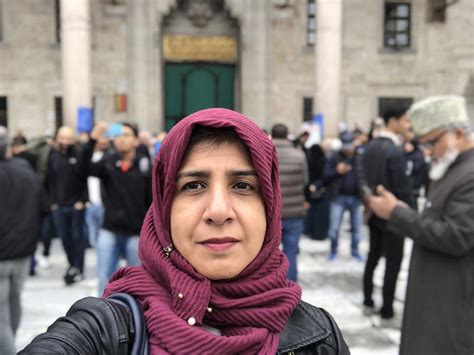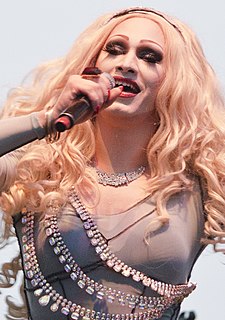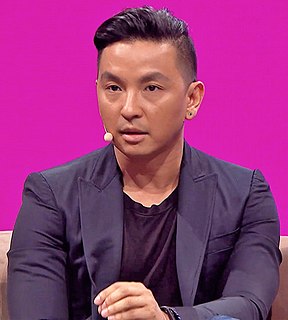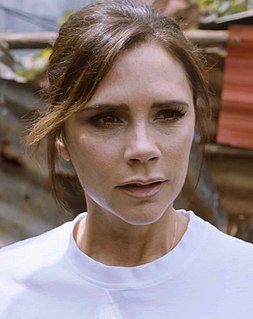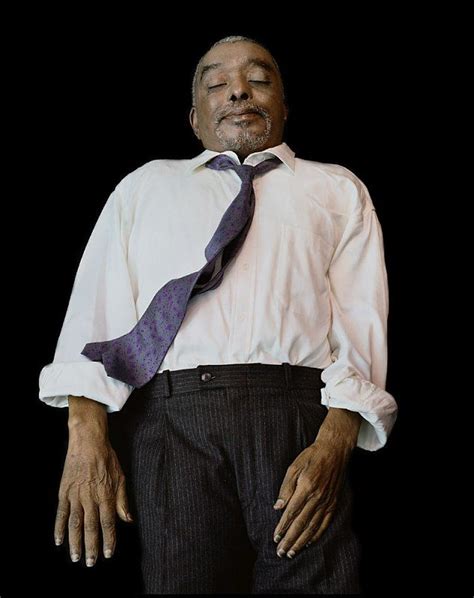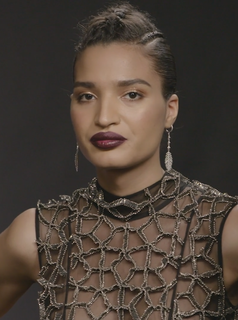A Quote by Gail Collins
When the women's movement started in the 1960s, there was a vision of a future where women didn't wear makeup or worry about how their hair looked, and everybody wore sensible, comfortable clothes. It ran into an absolute brick wall.
Related Quotes
An Islamic writer recalls her joy in the clothes she wore as a young girl at a wedding: They were always in beautiful bright colors: crimson, pink, turquoise, purple, and embroidered with sparkling crystals, sequins and beads. ... The older girls and women would wear glamorous heavily-beaded silk blouses and long, princess-like skirts. I wanted to wear those fairy-tale clothes too. I longed even more to wear a sari which the women wore so elegantly and which flattered their curves.
Ever since I was a kid I just thought that women had the better outfits, women had the better hair, women got to wear makeup. I just got jealous of what women got to do onstage. You dress up a man and ultimately it's just a different variation on the same kind of suit. There's a whole wide world of what women wear onstage.
I started to draw and design clothes that I couldn't find, because everything was all luxury, fashion clothes or very straight. So I mixed all of that together: Who says I can't put a man in a skirt? Who says that a man can't wear lace? Who says that men can't wear Swarovski? Who says that men can't wear makeup? You know what I'm like; for me, straight, gay, women, men, trans, we're all the same. I don't see difference.
I'm not particular about makeup, but when I do wear it, I am partial to Fenty. That is what I own. I own it because it is partial to the various colors and shades of black women. It is one of the best cosmetic companies around as far as trying to remove toxins from makeup, and Rihanna is empathetic to the experiences of trans women.

